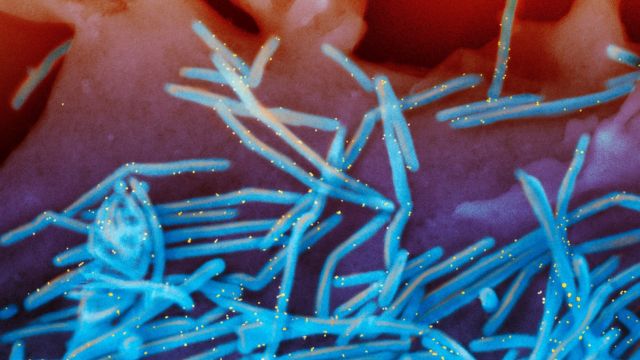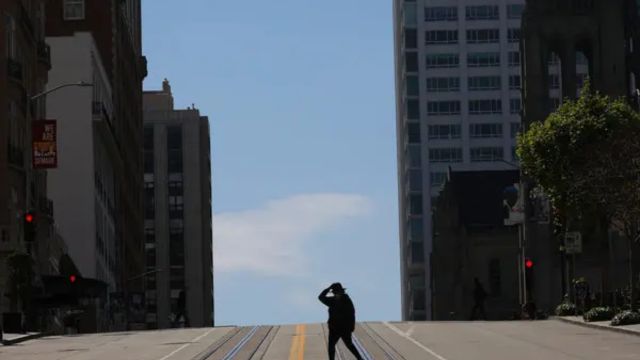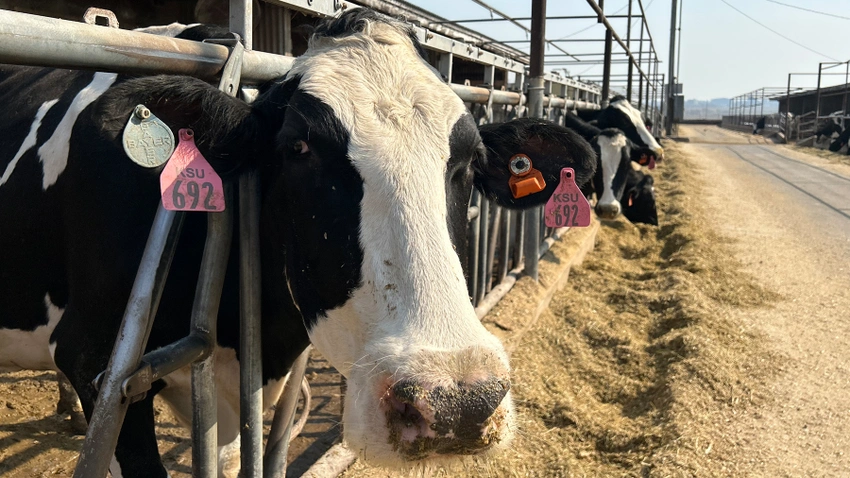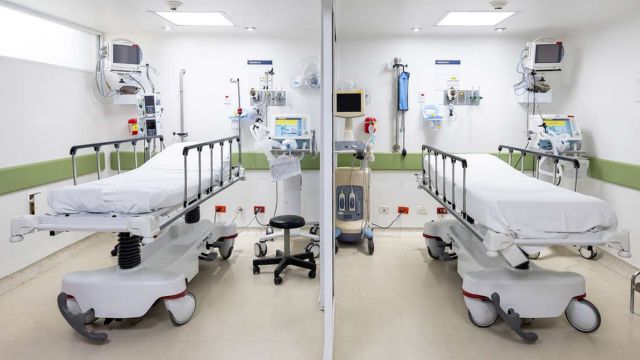On Wednesday, U.S. health officials gave a stronger suggestion for RSV shots to people aged 75 and up, but not as strong for people aged 60 to 74.
The head of the Centers for Disease Control and Prevention (CDC) agreed with the suggestions made by a group of outside experts. This is now the latest advice from the government to doctors.
The same group of experts said a year ago that people aged 60 and up should just talk to their doctors about getting the shots. Doctors have said that this kind of vague advice is hard to explain to patients and is probably one reason why less than 25% of older Americans have gotten a shot.
RSV, or respiratory syncytial virus, is a common virus that makes people feel like they have a cold, but babies and older people can get sick from it.
A single-dose RSV vaccine made by GSK and Pfizer was approved by the U.S. Food and Drug Administration for older people last year. At the time, the people who recommended the shots didn’t say that all older Americans should get them because there were concerns about the possible side effects and how long the protection would last.
Some of those questions are still open, and on Wednesday, panel members turned down a request from vaccine makers to strongly urge all Americans aged 60 and up to get shots.
Instead, they decided that people aged 75 and up should get the shots, and people aged 60 to 74 should only get them if they are more likely to get a serious illness. The team also didn’t agree that people in their 50s should get the GSK vaccine, even though the FDA just this month approved the company’s shot for that age group.
The same rules will apply to a new RSV shot from Moderna that has been approved.
Members of the panel said that data shows that the shots are necessary for everyone aged 75 and up because they are more likely to get serious RSV.
People aged 60 and up are more likely to get a serious illness if they have chronic heart disease, bad kidney disease, chronic lung disease, or are very overweight. The most strict reading of those rules would include about 39% of people in that age group, the CDC said.
People between the ages of 60 and 74 who live in nursing homes or whose doctors think they are weak for other reasons should also get the vaccine.
Reports of Guillain-Barré syndrome, a disorder of the nervous system, are what made the group hesitant. Even though they are rare, there have been more cases of Guillain-Barré than expected among people who got the RSV vaccine, especially those who got the Pfizer shot.
On Wednesday, FDA officials said there isn’t strong proof that the shots cause the disorder. However, some panel members pointed out that the study is still going on.
The overall finding that the benefits of the RSV vaccine are much greater than the risks was agreed upon by one-panel member, Dr. Camille Kotton, an infectious diseases expert at Massachusetts General Hospital. “However,” she said, “I remain very worried” about signs of Guillain-Barré that keep showing up in vaccination monitoring data.




